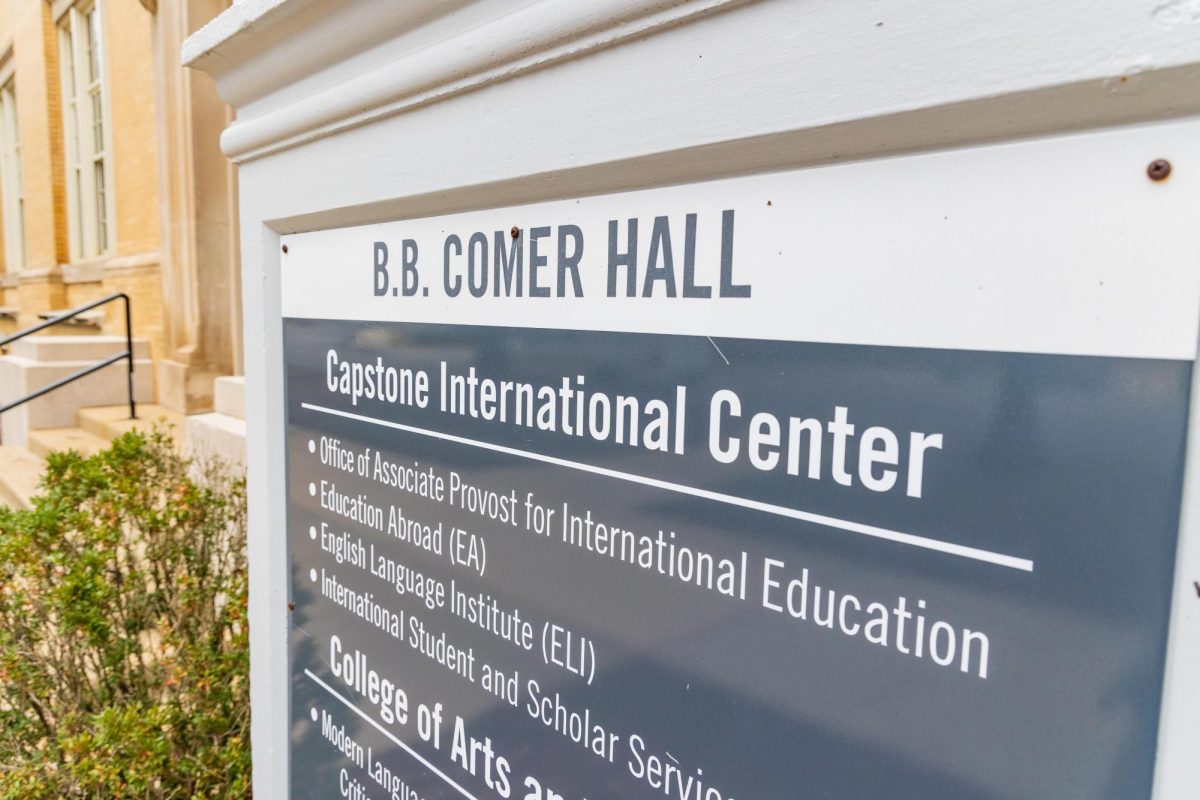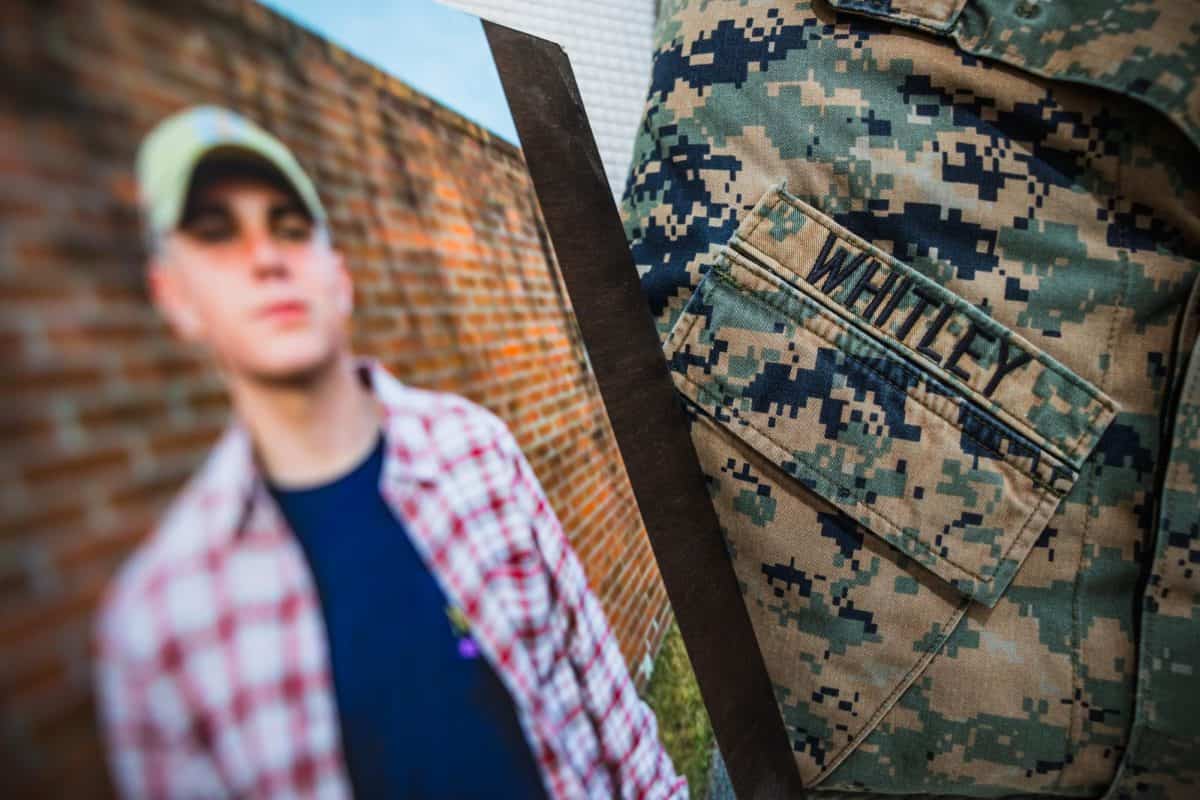Warner DePriest, a University of Alabama junior, was just six months old when he had a liver transplant due to cirrhosis and congenital issues.
But he doesn’t want to talk about it – that’s not really a big deal to him.
Because of blockage in his transplanted liver, he had to travel to Pittsburgh for serious surgical procedures five times last fall. Through it all, he remained enrolled at UA.
But that’s not a big deal either. DePriest is just glad he finished his last exam.
“He had a traumatic fall semester, but he still just doesn’t want the focus on him,” said his mother, Sandra DePriest. “He wants to put the focus on donor awareness.”
For years, DePriest has been actively involved in organ donation and transplant communities. Now, he wants to begin to raise awareness on college campuses.
“You never know if you’re going to be saving a life,” he said. “Your sacrifice could potentially help another person.”
In middle school, Warner DePriest began attending Camp Bridges, a Birmingham-based camp for children with end-stage organ disease and transplantation. It was there that he met other kids who shared his experiences.
He said sharing stories with his peers made him realize his situation wasn’t a big deal to him.
“I went to Camp Bridges for six years, and these kids ranged from kidney transplants to double lung transplants,” he said. “One of my friends had a double lung and heart transplant. That is so taxing. They take so many medications. Those people have so many more issues than myself.”
In 2008, Warner DePriest took part in the Transplant Olympics, an event where donors, recipients and families get together to share their stories while playing sports. There, DePriest learned about Donor Dudes, an organ donation awareness program started by Olympic snowboarder Chris Klug.
According to the Chris Klug Foundation website, Klug, a liver transplant recipient himself, founded Donor Dudes in 2003 to promote donor awareness in high schools and college campuses.
The website said 18 people die every day from lack of available organs. Every 12 minutes, another person is added to the transplant waiting list.
DePriest hopes to plan an event with Donor Dudes on UA’s campus to educate college students about organ donation. He believes young people are less apt to really consider the possibility that organ donation might ever be an option.
“He really wants to use any opportunities he may have to encourage people to be a donor and save lives,” Sandra DePriest said.
Today, Warner is happy to be back to classes with his fellow students. He hopes his classmates will understand the importance of being an organ donor.
“People should know that their bodies can be of use after they’re gone,” he said.








